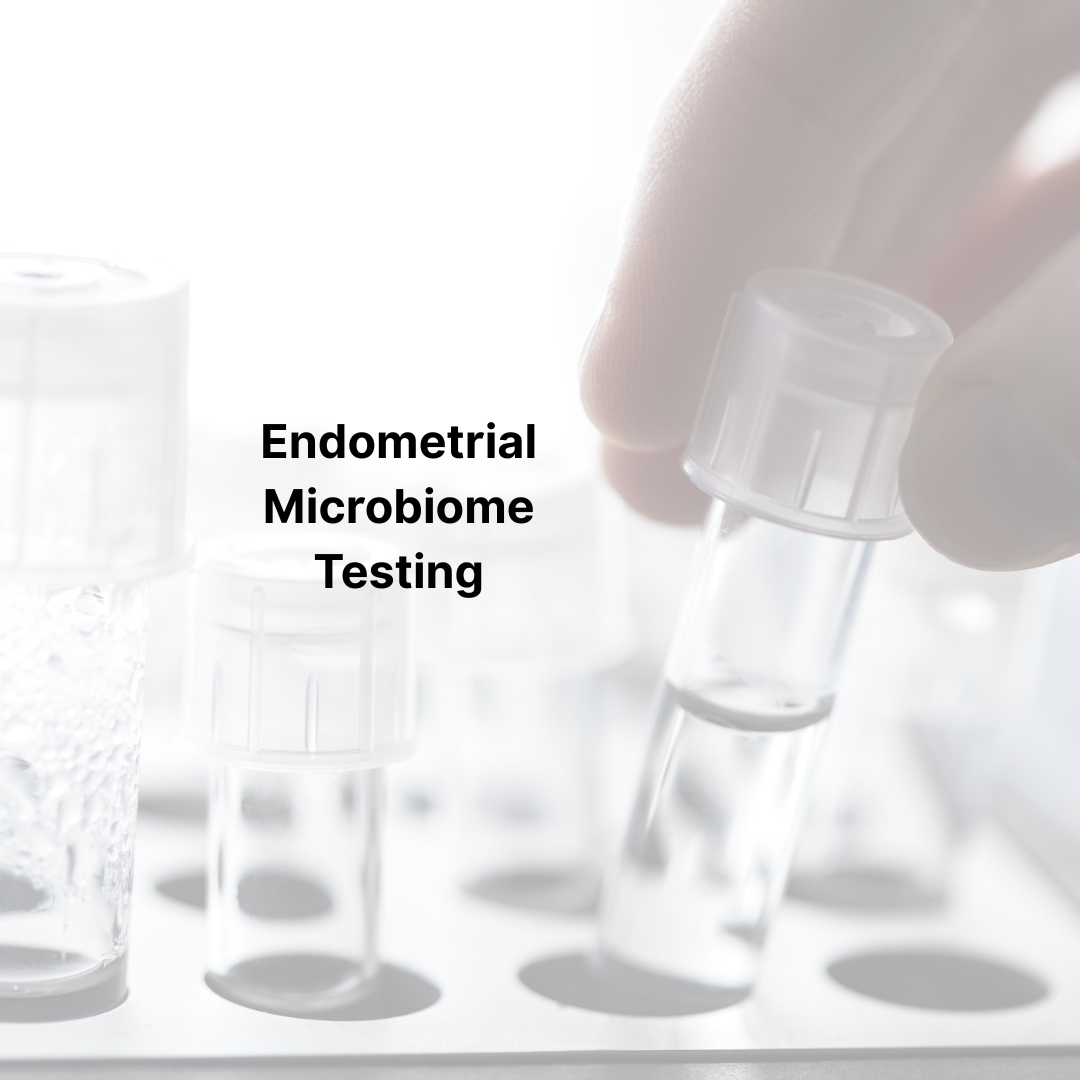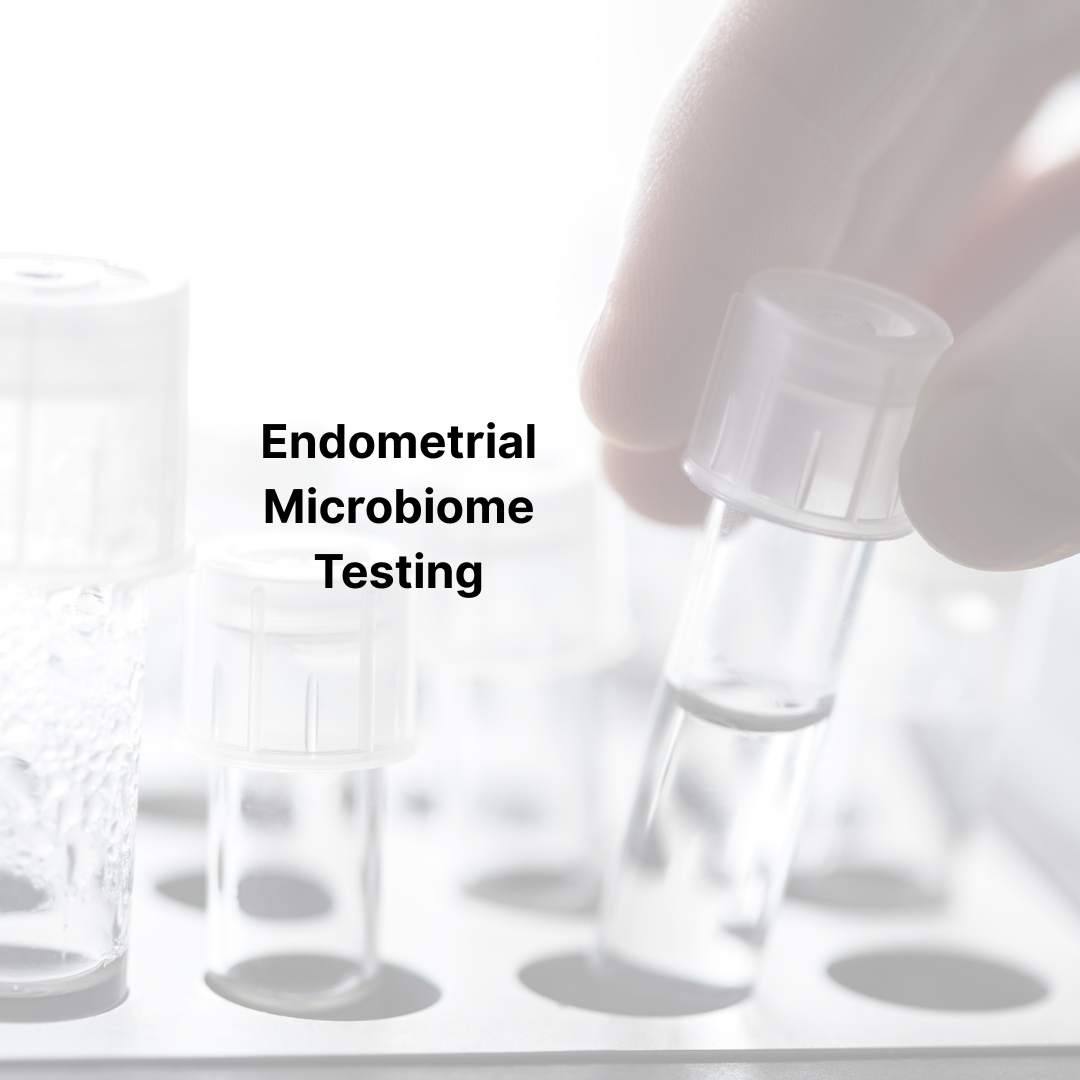Renewed Health
Endometrial Microbiome
Endometrial Microbiome
Couldn't load pickup availability
ONLY FOR IVF PATIENTS THROUGH PARTNER CLINICS
The endometrial microbiome plays a crucial role in reproductive health, particularly in the context of in vitro fertilisation (IVF). An imbalance in the uterine microbial environment can negatively impact embryo implantation and pregnancy outcomes. This analysis provides a comprehensive assessment of the endometrial microbiota to identify potential dysbiosis that may affect fertility.
What Does the Test Assess?
This test evaluates the composition of the endometrial microbiome, focusing on:
Lactobacillus Dominance: Determines the proportion of Lactobacillus species, which are associated with a healthy uterine environment and higher pregnancy rates.
Pathogenic Bacteria Detection: Identifies the presence of harmful bacteria that may cause conditions like chronic endometritis, potentially leading to implantation failure or miscarriage.
The analysis utilises advanced molecular techniques to provide detailed insights into the microbial landscape of the endometrium.
Who Should Consider This Test?
This analysis is recommended for IVF patients who have experienced:
Repeated Implantation Failure (RIF): Multiple unsuccessful embryo transfers despite the use of high-quality embryos.
Recurrent Pregnancy Loss (RPL): Two or more consecutive miscarriages.
Understanding the endometrial microbiome can aid in identifying underlying factors contributing to these challenges.
Benefits of the Test
Personalised Treatment Plans: Results can guide targeted interventions, such as antibiotics or probiotics, to restore a healthy microbial balance.
Improved IVF Outcomes: Addressing microbial imbalances has been associated with increased implantation and pregnancy success rates.
Procedure
A small sample of endometrial tissue is collected, typically during a mock cycle or in conjunction with other diagnostic procedures. The sample is then analysed using next-generation sequencing to identify and quantify bacterial species in the endometrium.
Limitations
Antibiotic Resistance: The test does not assess bacterial resistance to antibiotics.
Comprehensive Pathogen Detection: While the test identifies many clinically relevant bacteria, it may not detect all potential pathogens.
Assessing the endometrial microbiome provides valuable insights into factors that may influence IVF success. By identifying microbial imbalances, clinicians can tailor treatments to enhance the uterine environment, potentially improving implantation and pregnancy outcomes.
Important Note:
Microbiome testing is performed during your IVF journey. We have partnered with the leading IVF clinics to bring you testing. Please consult your doctor to find out if this test is right for you.
Share

